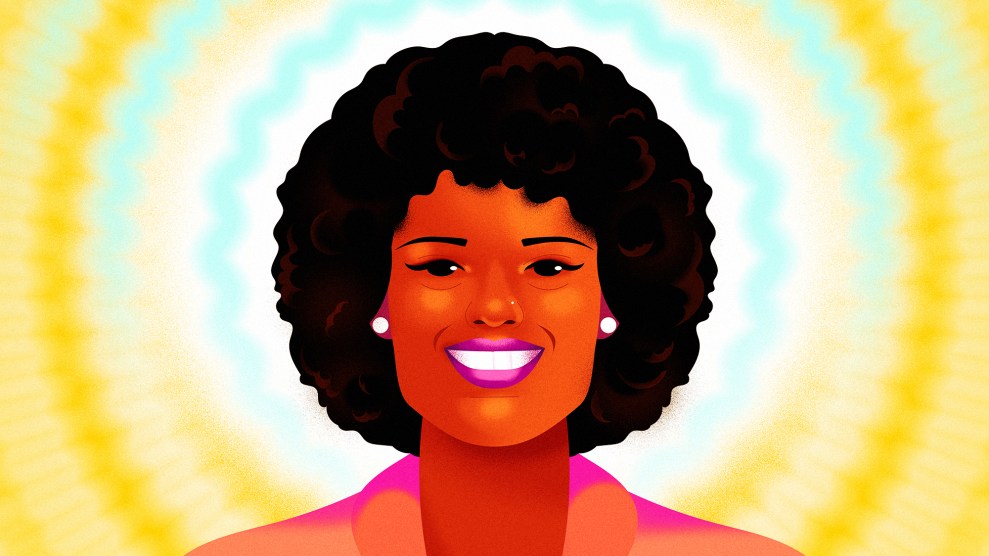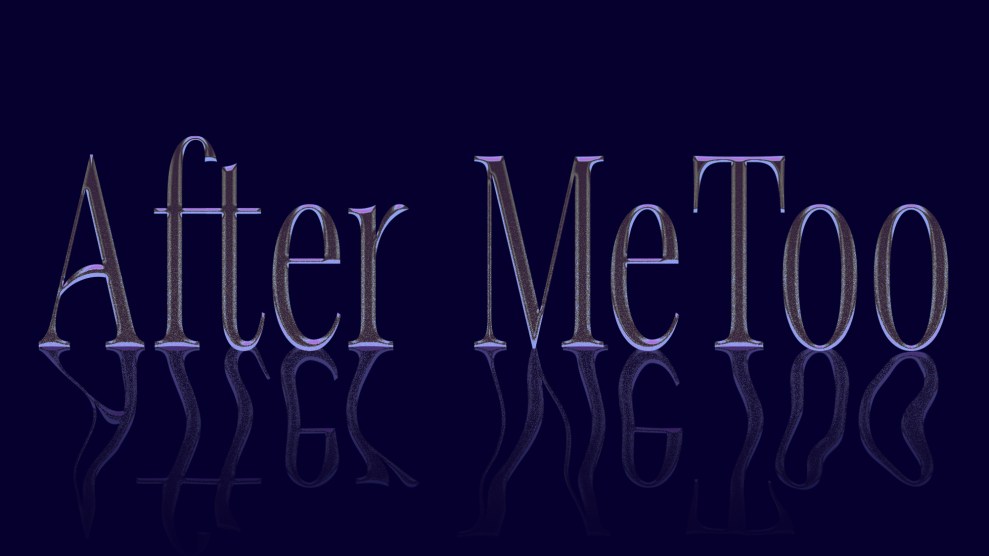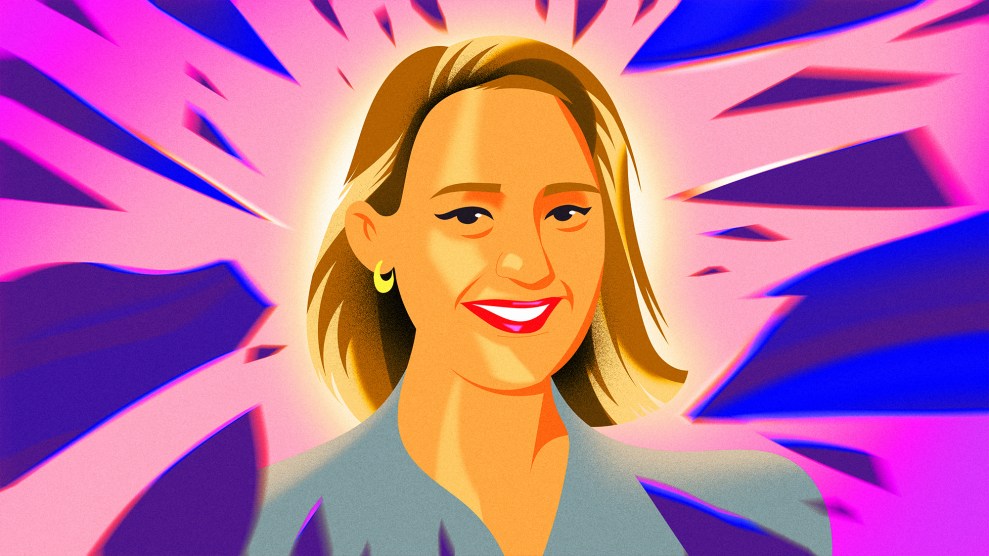More than five years ago, the MeToo movement exploded and our culture shifted. But what actually changed? This project seeks to reexamine the era by asking how it will alter the lives of the next generation.
In the fall of 2017, it felt for a moment that all of our lives would change for the better.
It’s strange to say in retrospect. The days and weeks that followed the initial outpouring of #MeToo posts were so dark. I remember clearly the anxiety I felt with every news alert, wondering what horrible things we’d find out next—which celebrity, or politician, or athlete, or artist would be put under the spotlight as a victim or an abuser. But I was sure that the painful work I saw people everywhere taking on was pushing us forward. Reopening deep wounds, naming bad behaviors and perpetrators—this was a necessary first step for progress. There was a palpable catharsis at being able to talk more openly about the abuses so many women had been forced to endure quietly for generations. Once the dust had settled, we would sweep up all the terrible things we had discovered and examine them closely. If we looked upon these harms, we would be forced to radically alter ourselves and our world, and then we could be rid of them.
It has been more than five years since then. What has actually changed? We live in a post-MeToo moment, and yet it’s unclear what ended and when. Eras are hard to define; social movements, too. We could measure the change in big victories: the Biden administration recognizing sexual violence as a public health issue, the passage of federal legislation that aims to create a fairer process for sexual assault prosecutions in the military, and another federal law that bars NDAs from being used to silence victims of assault. Or we could measure the era in more localized shifts: changes in office policies, differences in tone on social media, new understandings of our own memories.
When people began to say #MeToo, I was a 20-year-old college student just beginning my first internship, which would become my first real job. Perhaps I only felt so sure that we were on the cusp of something better because I was so young. When people talked about making things different for the next generation, I felt that they were talking about me. I was glad for it. I was hopeful.
We know the basic contours of the legacy of MeToo. The backlash came quickly, and then the backlash to the backlash, and the comebacks. Brett Kavanaugh was sworn in to the Supreme Court. Bill Cosby was released from prison. Johnny Depp was awarded more than $10 million in damages. If these were the fates of the most visible abusers, I agonized over what might be happening to the ones who stayed under the radar: neighbors, co-workers, friends.
In reflecting on the last five years, I have wondered about the people like me who came of age in this era: How did hearing MeToo change us? We learned for the first time about sex, relationships, and work just as the whole world seemed to be reexamining the power dynamics at play in each of these facets of our lives. Since MeToo, we have finished college, had our first jobs, dated, voted, and grown up. It has shaped us. But how?
In December, my colleagues and I at Mother Jones began reaching out to young people to try to answer these questions. The most striking similarity between the young women we spoke with who came of age in this era was their willingness to speak at all. After generations of silence about sexual harassment and assault, these women were open and vulnerable, and they had spoken publicly about the ways our culture failed them even before we reached out to them. But being aware of their ability and power to speak out didn’t shield them from what came next: the emotional difficulty of being a public survivor, the harassment that follows anyone speaking out about sexual violence.
As we heard the stories of younger women, we quickly found that to understand what it looks like to come of age after MeToo, we would have to look at the generations before us. We spoke to several women who experienced sexual harassment or assault when they were young, but mostly had not spoken about these experiences until much later in life. They carried the burden of what happened to them for decades, and after the fall of 2017, reflected on how their stories might have played out differently if the movement had happened when they were younger, if they’d had the words for what happened to them then.
When I think now of the first days after #MeToo went viral, I don’t think about Harvey Weinstein. I think about scrolling on Facebook aimlessly that October and stumbling across the post from my mother, a memory ending in #MeToo. A story she’d gestured at before, but never fully told me, posted for the world to see. I think she hoped that sharing it might make things better for other survivors, for me. I still wonder if it worked, if exposing scars was worth it.
I think a part of me hoped that reporting this package would allow me to tell myself that the answer is yes. That tallying up the successes of the movement and its failures, the breakthroughs and the backlash, there would be more good than bad in the end, more wins than losses. But the story of MeToo is as complex and layered as the women who spoke to us for this project, and it is still unfolding before our eyes.
















